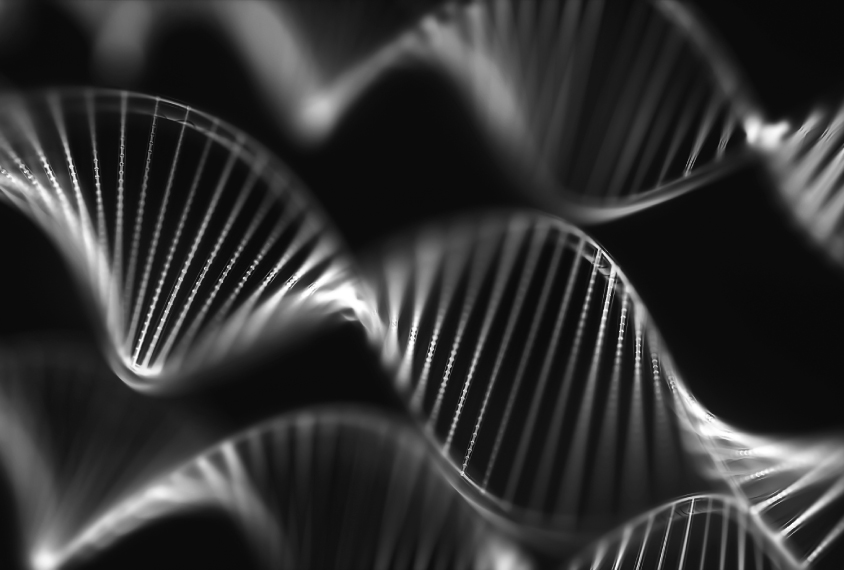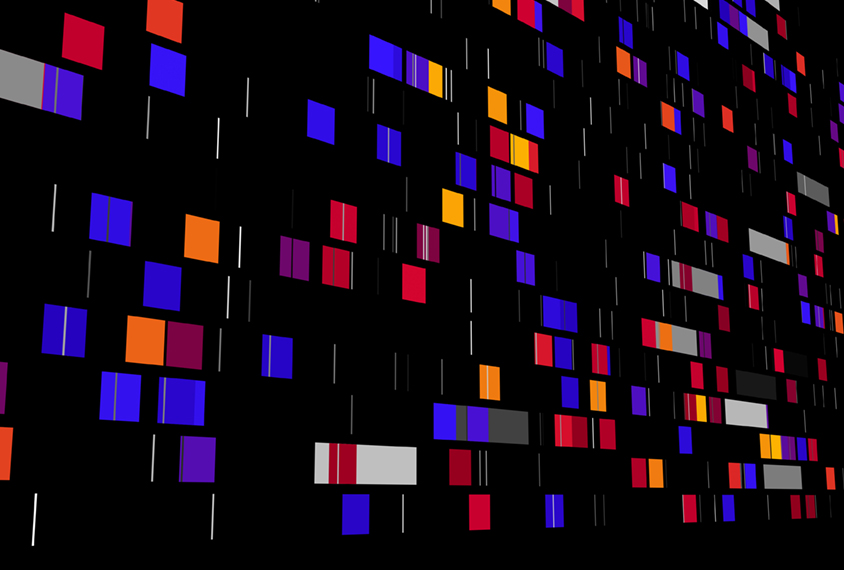ASHG 2020
Recent articles
Analysis combining variants, conditions uncovers hundreds of neurodevelopmental genes
The first genetic analysis of multiple types of variants from people with autism or other neurodevelopmental conditions reveals hundreds of genes that may be linked to neurodevelopment.

Analysis combining variants, conditions uncovers hundreds of neurodevelopmental genes
The first genetic analysis of multiple types of variants from people with autism or other neurodevelopmental conditions reveals hundreds of genes that may be linked to neurodevelopment.
Reactions from ASHG 2020
Get the inside scoop from the 2020 American Society of Human Genetics annual meeting.

Reactions from ASHG 2020
Get the inside scoop from the 2020 American Society of Human Genetics annual meeting.
First analysis of African autism cohort reveals millions of new variants
Genome sequences from a research cohort of autistic African children and their families have revealed more than 4 million novel variants, some of which occur in genes not previously linked to the condition.

First analysis of African autism cohort reveals millions of new variants
Genome sequences from a research cohort of autistic African children and their families have revealed more than 4 million novel variants, some of which occur in genes not previously linked to the condition.
Parental age plays small role in large mutations tied to autism
Most of the large, spontaneous genetic mutations tied to autism are passed down from fathers. But, unlike with smaller mutations, a parent's age is unlikely to up the rate at which they occur.

Parental age plays small role in large mutations tied to autism
Most of the large, spontaneous genetic mutations tied to autism are passed down from fathers. But, unlike with smaller mutations, a parent's age is unlikely to up the rate at which they occur.
Explore more from The Transmitter
Two neurobiologists win 2026 Brain Prize for discovering mechanics of touch
Research by Patrik Ernfors and David Ginty has delineated the diverse cell types of the somatosensory system and revealed how they detect and discriminate among different types of tactile information.

Two neurobiologists win 2026 Brain Prize for discovering mechanics of touch
Research by Patrik Ernfors and David Ginty has delineated the diverse cell types of the somatosensory system and revealed how they detect and discriminate among different types of tactile information.
Shifting neural code powers speech comprehension
Dynamic coding helps explain how the brain processes multiple features of speech—from the smallest units of sounds to full sentences—simultaneously.

Shifting neural code powers speech comprehension
Dynamic coding helps explain how the brain processes multiple features of speech—from the smallest units of sounds to full sentences—simultaneously.
Astrocytes orchestrate oxytocin’s social effects in mice
The cells amplify oxytocin—and may be responsible for sex differences in social behavior, two preprints find.

Astrocytes orchestrate oxytocin’s social effects in mice
The cells amplify oxytocin—and may be responsible for sex differences in social behavior, two preprints find.